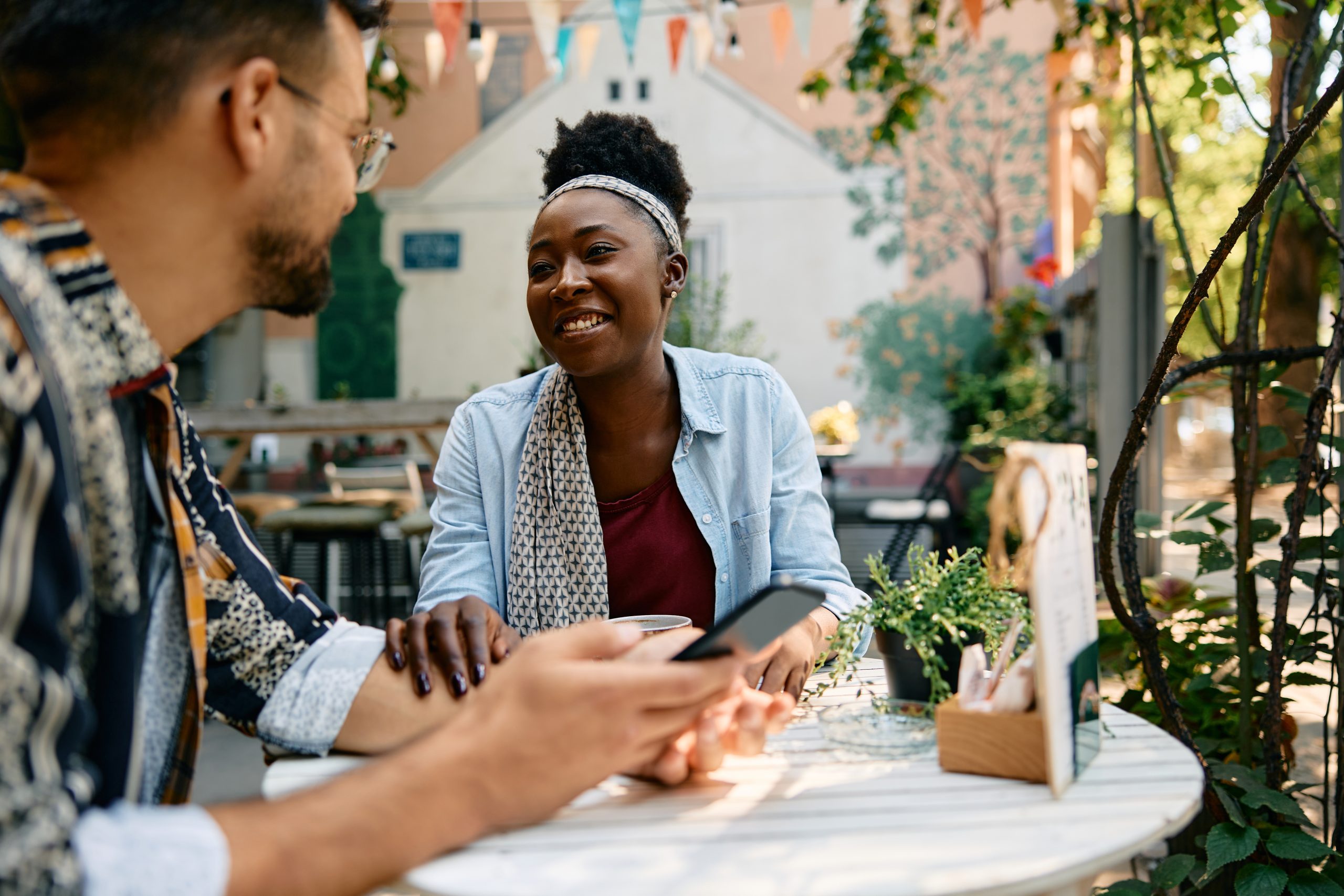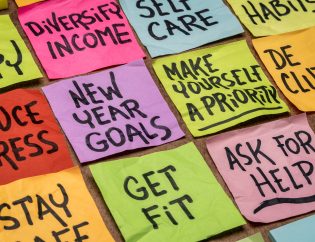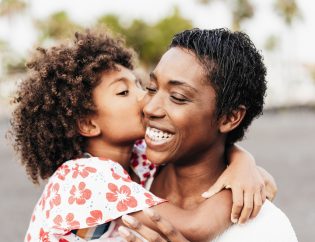
Relationships in addiction recovery can be both beautifully rewarding and deeply challenging—especially for women rediscovering themselves in sobriety. As you heal and grow, the way you connect with others begins to shift, opening space for more authentic, grounded relationships. May is National Mental Health Awareness Month, making it the perfect time to reflect on how emotional well-being and healthy relationships go hand in hand—especially during recovery. Whether you're thinking about dating again, building trust with a partner, or simply learning how to set healthy boundaries, this journey is about more than love—it's about wholeness. In this blog, we’ll explore what it means to navigate relationships while honoring your recovery, your values, and your worth.
When Is the Right Time? Navigating New Relationships in Recovery
Starting a new relationship during recovery can feel exciting—but also overwhelming. After all, you're not just learning how to live without substances; you're also learning how to show up fully as yourself. Emotional vulnerability, trust, and intimacy all carry new weight when you're focused on healing. It’s completely normal to crave connection, but it’s also important to protect the progress you’ve made.
There’s no universal timeline for when it’s “okay” to date, but many recovery professionals recommend waiting at least a year before starting a new romantic relationship. This gives you time to build a strong foundation in your sobriety, understand your emotional triggers, and develop healthy coping tools. Rushing into romance too soon can sometimes distract from the hard inner work of recovery—or worse, become a substitute for the comfort substances once provided. Taking time to grow on your own helps set the stage for healthier, more stable relationships in addiction recovery.
Red Flags to Watch for in Early Recovery Dating
When you begin dating again, it’s essential to stay grounded in your values and recovery goals. In the excitement of a new connection, it can be easy to overlook early warning signs that a relationship might not support your healing. Red flags can include emotional unavailability, pressure to move quickly, or someone dismissing or minimizing your recovery journey. If a partner doesn’t respect your boundaries—whether that’s abstaining from substances, needing space for meetings, or simply taking things slow—it’s a sign they may not be aligned with your needs.
Another red flag is feeling like you’re slipping back into old patterns—people-pleasing, losing your voice, or becoming overly dependent on the relationship for emotional support. These patterns can quietly undermine your progress and pull focus away from your sobriety. Healthy relationships in addiction recovery should feel safe, steady, and mutual—not like you're constantly trying to earn love or manage chaos. Trust your instincts, lean on your support system, and remember: the right relationship will honor your recovery, not challenge it.
Building Healthy Relationships in Addiction Recovery: What to Keep in Mind
Creating strong, stable connections during recovery requires intentionality, self-awareness, and clear communication. One of the most important guidelines is to prioritize honesty—both with yourself and your partner. Be upfront about your recovery when you feel safe and ready, and make sure you're also being honest about your emotional capacity. Healthy relationships in addiction recovery are built on mutual respect, not pressure or performance.
Establishing boundaries is another key component. Whether it’s how much time you spend together, how you handle triggers, or whether substances are allowed in shared spaces, boundaries protect your well-being and sobriety. Regular self-check-ins are helpful too—ask yourself if the relationship is uplifting, or if it's starting to feel emotionally draining. Recovery is a time to nurture yourself, and any relationship you build should support that growth, not distract from it. Surround yourself with people who encourage your healing, celebrate your progress, and love you for who you are—without conditions.
Strengthening Bonds: Communication Exercises for Couples in Addiction Recovery
Open, honest communication is the cornerstone of healthy relationships in addiction recovery. When both partners commit to understanding each other’s needs, triggers, and growth, they build a foundation of trust that supports long-term connection. Practicing intentional communication can also help couples navigate difficult moments without falling into old patterns or emotional shutdowns.
One helpful exercise is a weekly “check-in,” where each partner shares how they’re feeling—emotionally, mentally, and in the relationship. This is a safe space to express needs, set or revisit boundaries, and celebrate small wins. Another useful practice is reflective listening: when one person speaks, the other repeats back what they heard before responding. This helps both people feel truly heard and reduces misunderstandings. Finally, try setting aside time to share future goals—both individually and as a couple. Aligning your visions can strengthen connection and affirm your shared commitment to growth and recovery.
Conversation Starters for Weekly Check-Ins:
- “I’ve been feeling a little overwhelmed this week—can we talk about how I’m managing my recovery and our relationship?”
- “Something came up for me emotionally, and I’d love to share it with you and hear your thoughts.”
- “Can we take a few minutes to check in about how we’re both feeling in the relationship lately?”
Reflective Listening Prompts:
- “What I hear you saying is that you’re feeling distant lately—is that right?”
- “Let me repeat back what you said so I make sure I understand you correctly.”
- “I hear that you need more space when you’re stressed. I want to respect that—can we talk about how I can support you better?”
Future-Focused Questions:
- “Where do you see us in a few months, and how can we support each other’s goals?”
- “What’s one thing we can do together this week that feels healthy and fun for both of us?”
- “How can we continue building trust as we move forward together?”
These phrases are gentle but intentional—perfect for encouraging safe, supportive communication.
Rooted in Worth: Honoring Yourself in Relationships During Recovery
One of the most powerful lessons in recovery is rediscovering your self-worth—and that truth carries directly into how you approach romantic relationships. After addiction, it’s common to question your value or feel like you have to “prove” you’re lovable or deserving. But the truth is, your worth isn’t defined by your past or by anyone else’s approval. Knowing your value helps you set the tone for how others treat you.
When you believe you’re worthy of respect, kindness, and honesty, you’re less likely to accept red flags or settle for emotionally unsafe dynamics. Instead, you’re empowered to choose relationships that align with your growth. Practice self-affirmation regularly—remind yourself that you are healing, growing, and enough exactly as you are. Surround yourself with people who mirror that truth back to you. A healthy relationship doesn’t complete you—it celebrates who you already are.
Finding Love, Honoring Healing: You’re Not Alone
Navigating relationships in addiction recovery is a deeply personal journey—one that calls for patience, boundaries, and self-love. From knowing when you're ready to date, to spotting red flags, to building strong communication and honoring your worth, every step you take toward healthier connections is a step toward lasting healing. And you don’t have to walk that path alone.
At Twin Branch Wellness Recovery for Women, we understand the unique challenges women face in recovery, including how relationships can impact sobriety and self-growth. Our supportive, women-focused program helps you rebuild your life from the inside out—with the tools, community, and care you need to thrive in every area, including love. Because when you heal, everything—including your relationships—can flourish.











